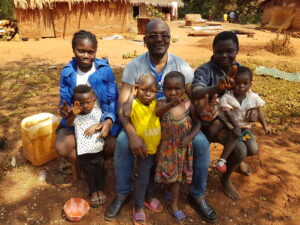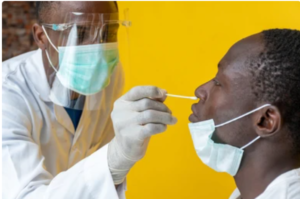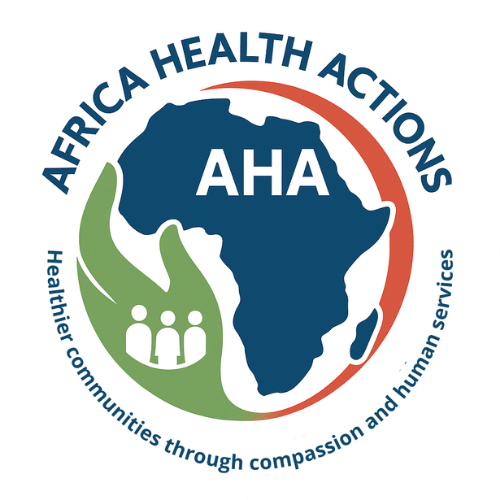Mali, situated in West Africa, boasts a diverse population exceeding 20 million. With a per capita income of $2,045, life expectancy stands at 62 for females and 59 for males. The infant mortality rate is 44 per 1,000 live births. The capital, Bamako, is a bustling city located along the Niger River, contributing to Mali’s rich cultural tapestry.
Maternal, Newborn & Child Health (MNCH)
Maternal and infant mortality are significant challenges, with 325 maternal deaths per 100,000 live births and 54 of every 1,000 children dying before their first birthday. Mali has the world’s sixth-highest under-five child mortality rate, estimated at 115 deaths for every 1,000 births. While strides have been made in improving reproductive, maternal, and child health, continued efforts are necessary to address persisting disparities.
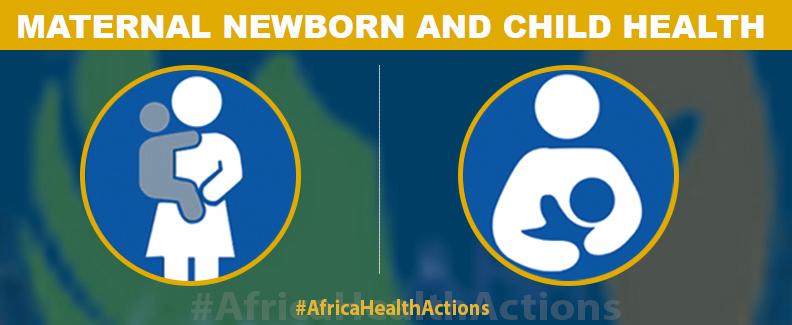
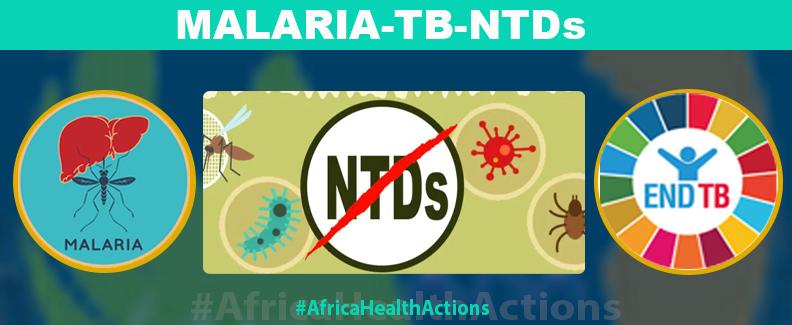
Malaria, Tuberculosis (TB), and Neglected Tropical Diseases (NTDs)
Malaria is the primary cause of morbidity and mortality in Mali, ranking among the top ten countries globally for cases and deaths. The country accounts for 3.1% of global malaria cases and 3.3% of global deaths due to malaria in 2021, contributing to 6% of cases in West Africa. Tuberculosis remains a pressing public health issue, with an incidence rate of 50 cases per 100,000 people in 2021. Mali has made significant progress against trachoma and other neglected tropical diseases (NTDs) through large-scale treatment programs facilitated by local and global partners.
Disease Surveillance, Emergency Preparedness, & Outbreak Response
Mali grapples with recurrent disease outbreaks, including cholera, COVID-19, Polio, monkeypox, and measles. The country actively engages in disease surveillance, emergency preparedness, and outbreak response to mitigate the impact of these health crises. Sustained efforts and collaboration with international partners are vital for effective response and prevention.
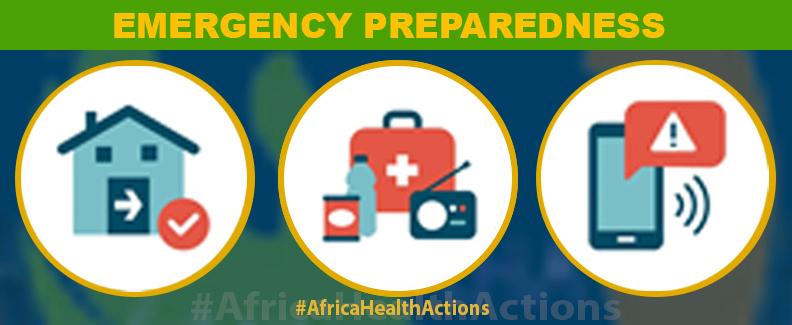
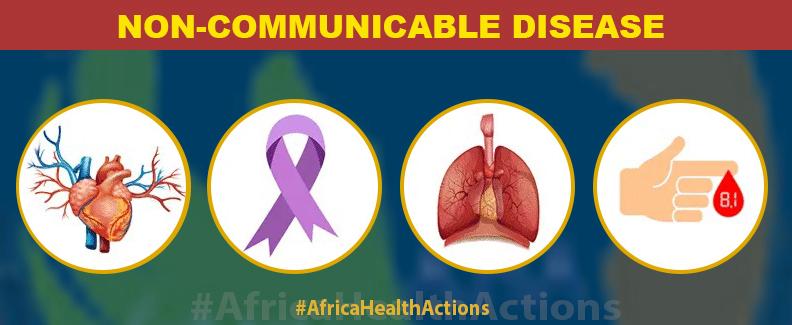
Non-communicable Diseases (NCDs)
Non-communicable diseases (NCDs) pose a significant health problem in Mali. The age-standardized mortality rate for major NCDs, including Cardiovascular Disease, Chronic Respiratory Disease, Cancer, and Diabetes, underscores the urgent need for interventions.
OUR PROJECTS & PROGRAMMES
Support the implementation of malaria prevention and control interventions.
include providing long-lasting insecticide-treated nets and indoor residual spraying, preventing malaria in pregnancy, and improving diagnostics and case management.
Rapid Response Teams were trained in public health emergency investigation and management in five regions.
Mobile Health Clinic:
Provide mobile health care in the central and southern regions, which are directly affected by the growing insecurity affecting the entire country. Focus on displaced Malian populations and ensuring that individuals receive early detection, education, and appropriate care for infectious diseases.

